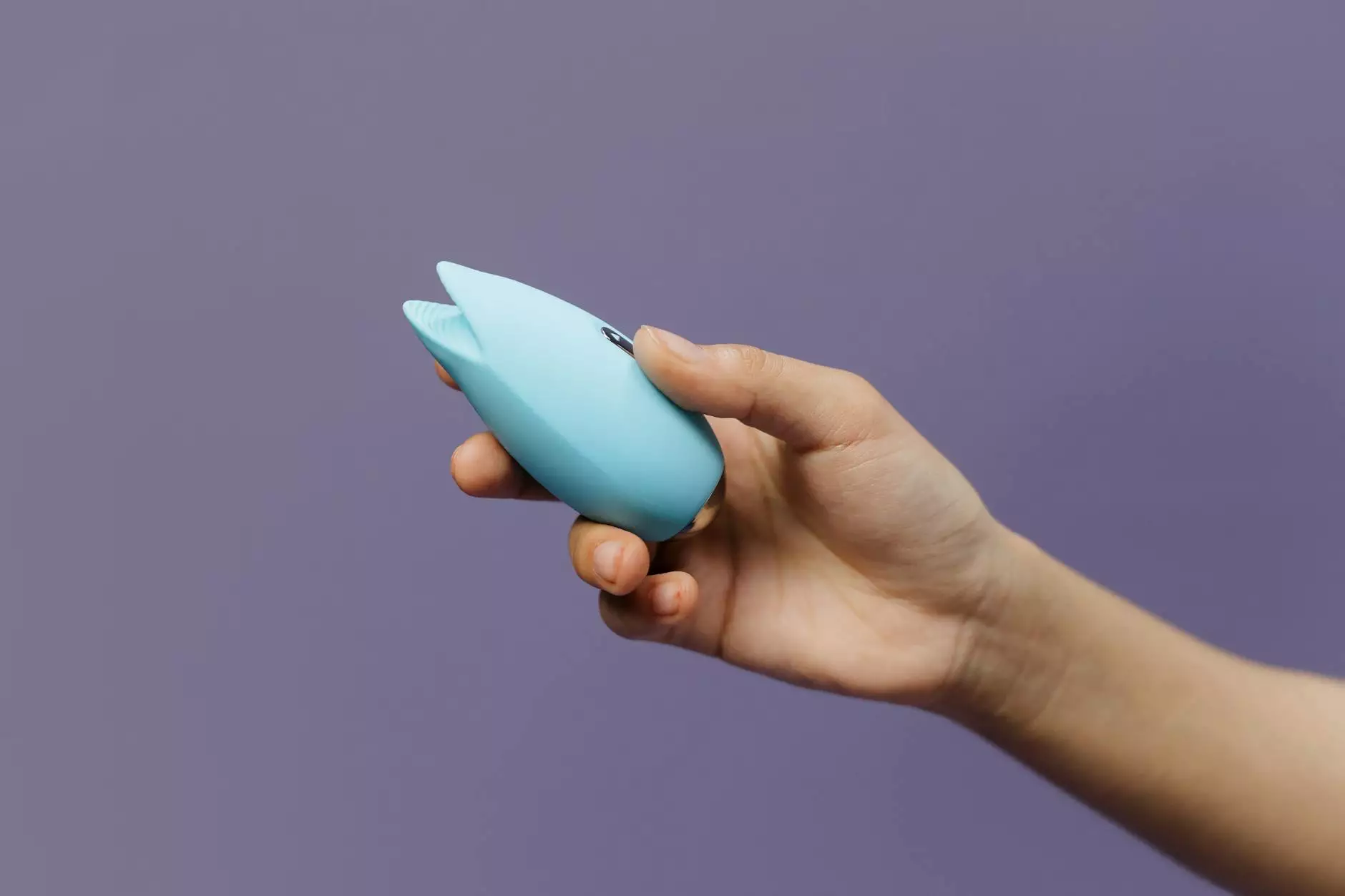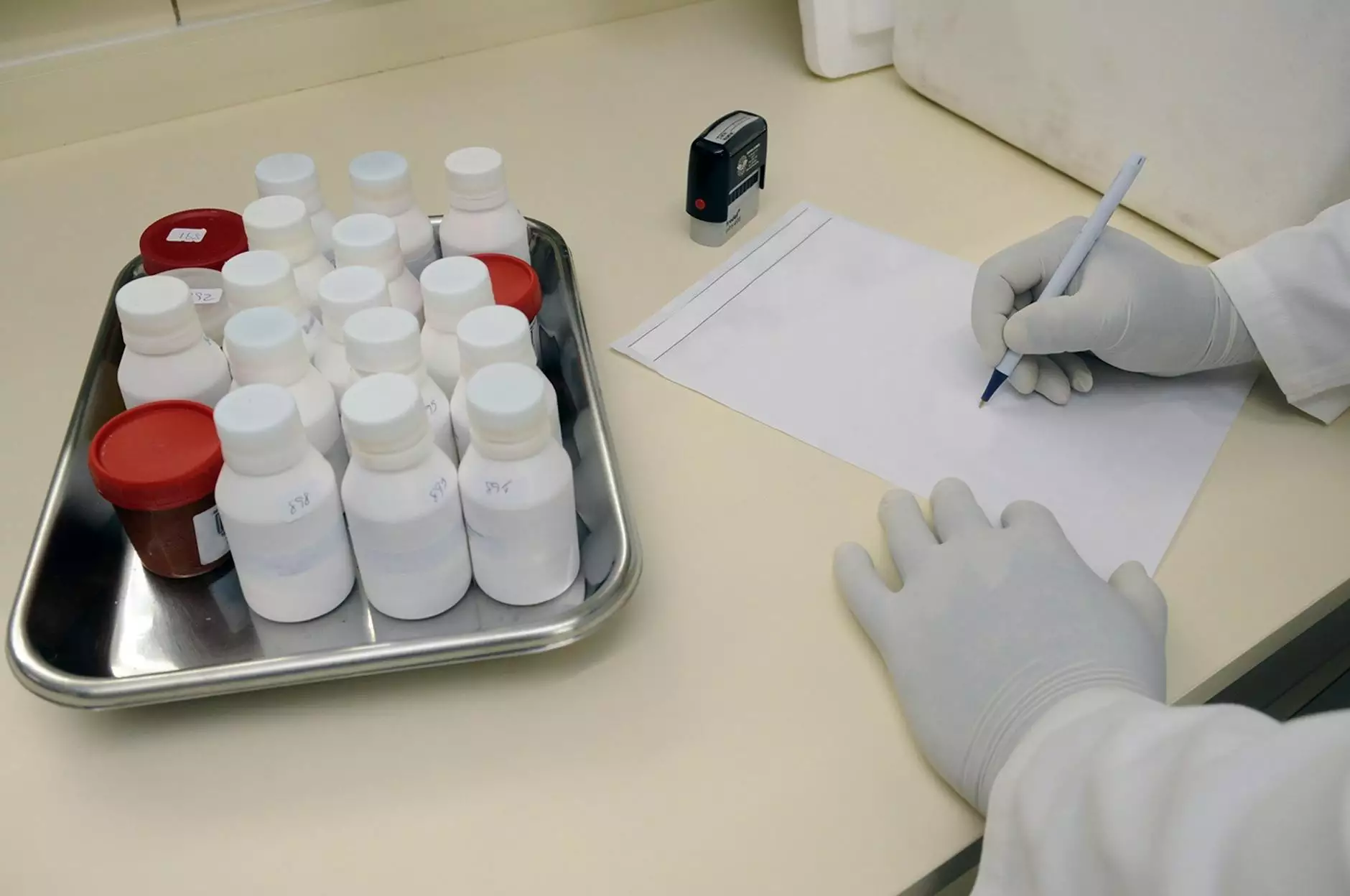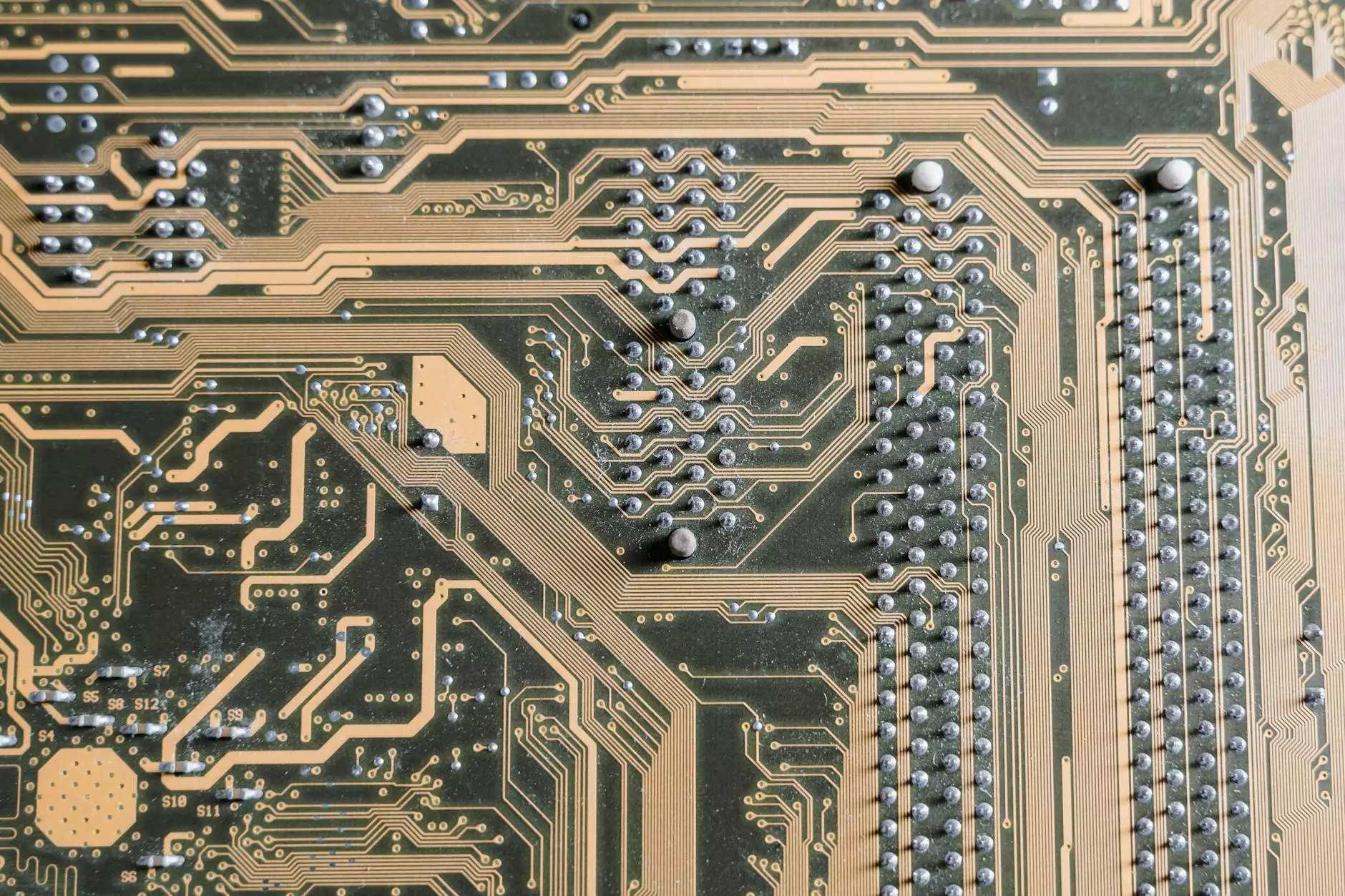The Importance of Dental Surface Disinfectants in Modern Dentistry

In the healthcare sector, particularly in dental practices, maintaining a sterile environment is crucial. The use of dental surface disinfectants plays a pivotal role in ensuring the safety of both patients and healthcare providers. With the rise of various infectious diseases, a robust infection control protocol has become more important than ever.
Understanding Dental Surface Disinfectants
Dental surface disinfectants are chemical agents specifically formulated to eliminate pathogens on surfaces where dental procedures take place. These disinfectants are essential for:
- Preventing cross-contamination between patients.
- Reducing the risk of healthcare-associated infections (HAIs).
- Ensuring compliance with health regulations and guidelines.
The Role of Dental Surface Disinfectants in Infection Control
Infection control starts with the surfaces in a dental practice. Here are some key reasons why investing in high-quality dental surface disinfectants is vital:
1. Reducing Pathogen Load: Dental practices encounter a variety of microorganisms, including bacteria, viruses, and fungi. Using appropriate disinfectants effectively reduces the pathogen load on surfaces, thereby minimizing the likelihood of transmission.
2. Compliance with Regulations: Regulatory bodies such as the Centers for Disease Control and Prevention (CDC) and the Occupational Safety and Health Administration (OSHA) have stringent guidelines regarding the cleanliness of dental surfaces. Proper use of disinfectants ensures compliance with these regulations, safeguarding the practice from legal issues.
3. Protecting Staff and Patients: Dental practitioners are at risk of exposure to infectious agents. Effective disinfection of surfaces not only protects patients but also contributes to the safety of dental staff, ensuring a healthier workplace and maintaining team morale.
Choosing the Right Dental Surface Disinfectants
When selecting a dental surface disinfectant, dental practices should consider the following factors:
- Efficacy: The disinfectant must be proven to eliminate a broad spectrum of bacteria and viruses, including those that are difficult to kill.
- Contact Time: Different disinfectants have varying required contact times to be effective. Choose a product that fits into the workflow of your practice without causing delays.
- Material Compatibility: Ensure the disinfectant is safe for use on various dental surfaces and equipment to prevent damage.
- Ease of Use: The product should come in easy-to-use formats, such as wipes or sprays, for convenience and efficiency.
Top Dental Surface Disinfectants Available at Medalkan
At Medalkan, we offer a selection of top-rated dental surface disinfectants. Here are some of the leading products:
1. Cavicide
Cavicide is a well-known brand that effectively disinfects hard surfaces and medical equipment. Its fast action kills a wide range of pathogens and is EPA-approved.
2. Barbicide
Trusted for decades, Barbicide provides powerful disinfection of surfaces while being safe for common dental equipment materials.
3. Opti-Cide
This is a versatile disinfectant that features a rapid kill time and is gentle enough not to corrode dental instruments. It’s an excellent choice for busy practices.
Best Practices for Using Dental Surface Disinfectants
To achieve maximum efficacy with dental surface disinfectants, follow these best practices:
1. Proper Cleaning Before Disinfection
Before applying a disinfectant, surfaces should be cleaned to remove organic matter such as blood and saliva. Disinfection cannot be effective on dirty surfaces.
2. Follow Manufacturer Instructions
Always adhere to the manufacturer's guidelines regarding dilution rates, application methods, and contact times to ensure effectiveness.
3. Use Personal Protective Equipment
Healthcare providers should wear gloves, masks, and eye protection when handling disinfectants to reduce risks associated with exposure.
4. Regular Training for Staff
Implement ongoing training programs for dental staff regarding infection control protocols and the proper usage of disinfectants to foster a culture of safety.
Challenges in the Use of Dental Surface Disinfectants
While dental surface disinfectants are essential, there are challenges that dental practices may face:
- Cost Considerations: High-quality disinfectants can be expensive, and practices must balance costs with the need for effective infection control.
- Resistance Factors: Over time, some pathogens may develop resistances to certain disinfectants, making it vital to regularly review and update disinfectant choices.
- Operational Delays: The time it takes for disinfectants to be effective can lead to delays in workflow. Finding products with optimal contact times is crucial.
Future Trends in Disinfection Technology
The field of dental surface disinfectants is constantly evolving. The future may see:
- Eco-friendly Products: There is a growing demand for sustainable and environmentally friendly disinfectants that do not compromise efficacy.
- Smart Disinfectants: Innovations in technology may introduce smart disinfectants that change colors to indicate when surfaces are adequately disinfected.
- Enhanced Education and Training: As the importance of infection control increases, further emphasis will be placed on training dental professionals.
Conclusion
The importance of dental surface disinfectants in providing a safe environment for both patients and dental health professionals cannot be overstated. By choosing the right products, following best practices, and staying informed about industry developments, dental practices can significantly reduce the risk of infection.
At Medalkan, we are committed to providing quality medical supplies, including effective dental disinfectants. For questions regarding our products or best practices for their use, contact our knowledgeable team today.









